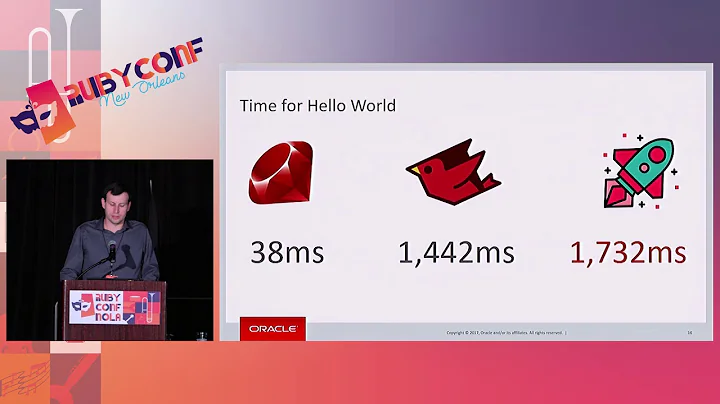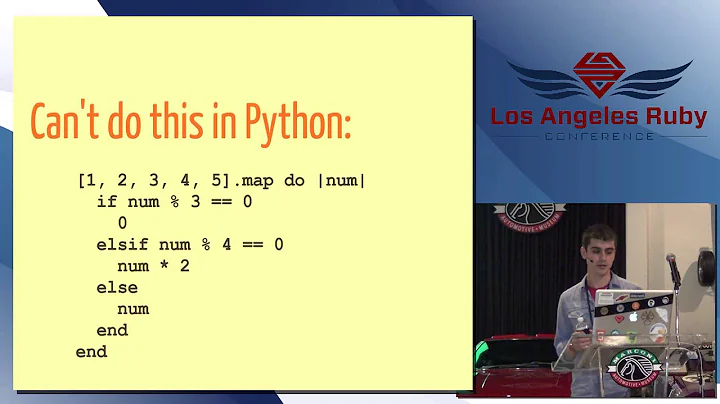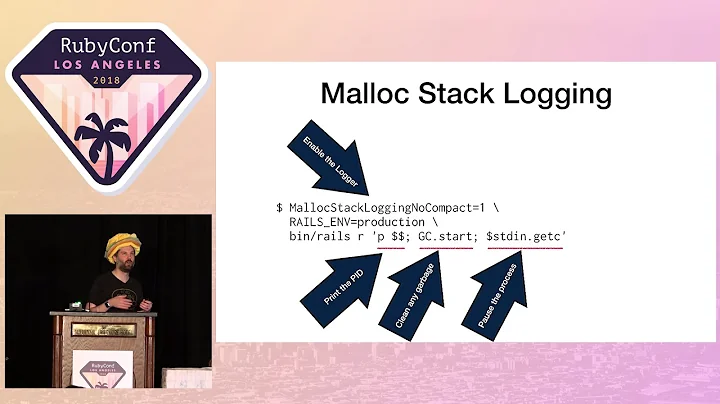Ruby's String#hex confusion
11,205
String#hex doesn't give you the ASCII index of a character, it's for transforming a base-16 number (hexadecimal) from a string to an integer:
% ri String\#hex
String#hex
(from ruby site)
------------------------------------------------------------------------------
str.hex -> integer
------------------------------------------------------------------------------
Treats leading characters from str as a string of hexadecimal digits
(with an optional sign and an optional 0x) and returns the
corresponding number. Zero is returned on error.
"0x0a".hex #=> 10
"-1234".hex #=> -4660
"0".hex #=> 0
"wombat".hex #=> 0
So it uses the normal mapping:
'0'.hex #=> 0
'1'.hex #=> 1
...
'9'.hex #=> 9
'a'.hex #=> 10 == 0xA
'b'.hex #=> 11
...
'f'.hex #=> 15 == 0xF == 0x0F
'10'.hex #=> 16 == 0x10
'11'.hex #=> 17 == 0x11
...
'ff'.hex #=> 255 == 0xFF
It's very similar to String#to_i when using base 16:
'0xff'.to_i(16) #=> 255
'FF'.to_i(16) #=> 255
'-FF'.to_i(16) #=> -255
From the docs:
% ri String\#to_i
String#to_i
(from ruby site)
------------------------------------------------------------------------------
str.to_i(base=10) -> integer
------------------------------------------------------------------------------
Returns the result of interpreting leading characters in str as an
integer base base (between 2 and 36). Extraneous characters past the
end of a valid number are ignored. If there is not a valid number at the start
of str, 0 is returned. This method never raises an exception
when base is valid.
"12345".to_i #=> 12345
"99 red balloons".to_i #=> 99
"0a".to_i #=> 0
"0a".to_i(16) #=> 10
"hello".to_i #=> 0
"1100101".to_i(2) #=> 101
"1100101".to_i(8) #=> 294977
"1100101".to_i(10) #=> 1100101
"1100101".to_i(16) #=> 17826049
Related videos on Youtube
Comments
-
FullOfCaffeine over 1 year
I've found it weird that String#hex in Ruby doesn't return the right hex value for a given char. I might be misunderstanding the method, but take the following example:
'a'.hex => 10Whereas the right hex value for 'a' would be 61:
'a'.unpack('H*') => 61Am I missing something? What's hex for? Any hints appreciated!
Thanks
-
Chris Heald almost 11 years"a" is hexadecimal for 10. "f" is hex for 16.
-
robnasby over 9 yearsActually, "f" is hexadecimal for 15.
-
 rampionWhat do you mean by "hex value" for a character? Because 'a' is hexadecimal for 16. Do you mean ASCII code?
rampionWhat do you mean by "hex value" for a character? Because 'a' is hexadecimal for 16. Do you mean ASCII code?
-
-
FullOfCaffeine almost 11 yearsVery comprehensive answer. I deleted my previous answer as it didn't make any sense whatsoever. Thanks for making it all clear!






